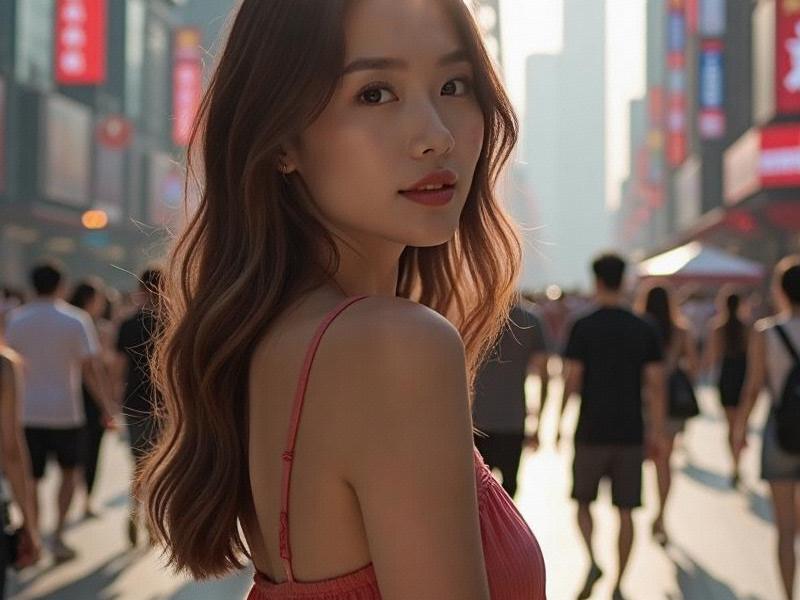
Shanghai Glamour: The Evolution of Beauty Standards in China's Fashion Capital
The Shanghai Aesthetic Revolution
On the bustling streets of Xintiandi, a fascinating sartorial phenomenon unfolds daily. Shanghai women - equally comfortable in qipao dresses and Parisian haute couture - have developed what fashion scholars now call "the Shanghai look": a sophisticated fusion of East and West that's rewriting China's beauty playbook.
This isn't mere vanity. Shanghai's beauty culture represents:
- A $8.9 billion annual industry
- 43% of China's luxury cosmetics market
- The headquarters of 12 domestic beauty brands now competing globally
Historical Foundations
Shanghai's beauty traditions trace back through three eras:
1. The Golden Age (1920s-1940s):
- Qipao silhouettes
- Finger-wave hairstyles
- Rouge-focused makeup
2. The Socialist Period (1950s-1970s):
- Minimalist "Iron Girl" aesthetic
- Practical braids and short cuts
上海龙凤419是哪里的 - Little visible makeup
3. The Reform Era (1980s-present):
- Western influences return
- Plastic surgery adoption
- K-beauty/J-beauty adaptations
The Modern Shanghai Woman
Today's quintessential Shanghai beauty embodies:
- Skincare First: 12-step routines adapted for humid climate
- Hybrid Styles: Mixing luxury labels with local designers
- Confident Minimalism: "Less is more" philosophy with strategic accents
Industry insiders identify three dominant archetypes:
1. The Mogul: Power suits with cheongsam-inspired details
2. The Creative: Avant-garde looks mixing tech and tradition
3. The Socialite: Instagram-perfect coordination from shoes to hairpins
Cultural Fusion
上海龙凤419会所 What makes Shanghai style unique is its cultural alchemy:
- French pastry chefs consult on skincare ingredients
- Traditional Chinese medicine informs beauty regimens
- Japanese precision meets Korean innovation in cosmetics
"Shanghai women are cultural DJs," observes Vogue China editor Margaret Zhang. "They sample global trends but always make them their own."
The Business of Beauty
Shanghai's beauty economy reveals fascinating insights:
- Education: 89% of women hold beauty salon memberships
- Spending: Average ¥2,800/month on appearance maintenance
- Employment: 1 in 7 Shanghai jobs tied to beauty/fashion sectors
Tech Transformation
Digital innovation reshapes the industry:
- AI skin analysis in 98% of high-end counters
爱上海419 - VR makeup try-before-you-buy systems
- Blockchain authentication for luxury goods
Challenges and Controversies
The pursuit of beauty faces critiques:
1. Sustainability: Packaging waste concerns
2. Authenticity: Pressure to conform to rigid standards
3. Cost: Maintaining appearances strains middle-class budgets
The Future of Shanghai Beauty
Emerging trends suggest:
1. Gender Fluidity: More men embracing skincare routines
2. Tech Integration: Smart jewelry monitoring skin health
3. Cultural Reclamation: Revival of 1930s Shanghai styles
As style historian Dr. Wu Mei notes: "Shanghai women aren't following trends - they're writing the next chapter in global beauty history. Their secret? Taking the best from everywhere while staying unmistakably Shanghai."
From the qipao-clad socialites of the Bund's golden age to today's sneaker-wearing executives, Shanghai's beauty evolution mirrors China's broader transformation - honoring its past while boldly embracing the future.
